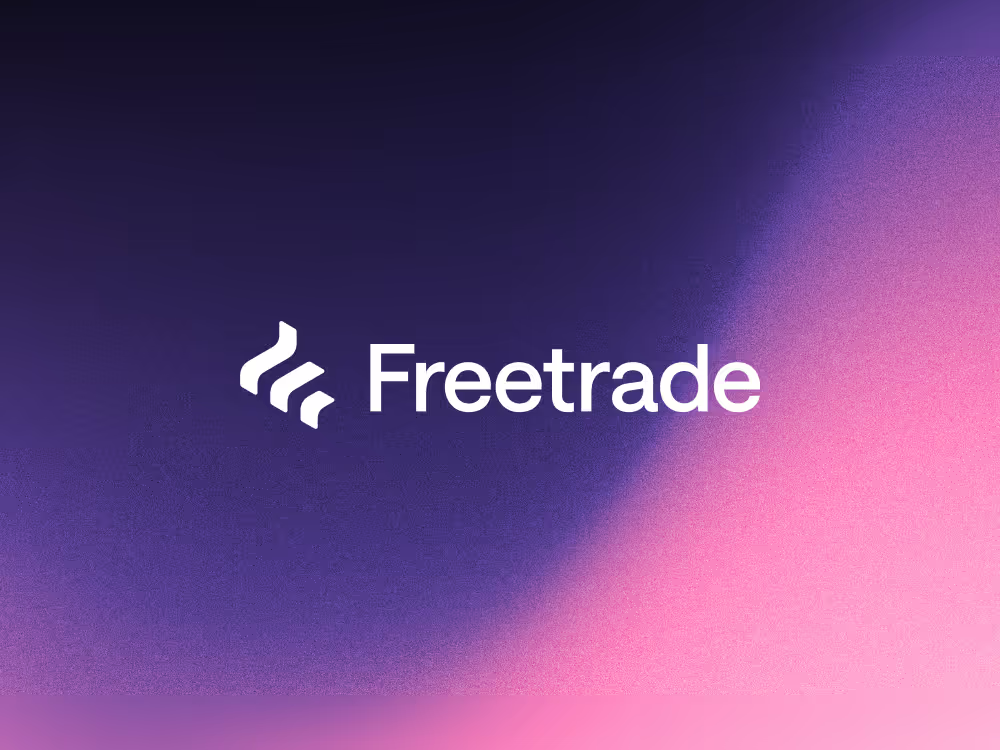Big tech and healthcare stole the show last year for good reason, but in the second half of 2020 commodities started to make a comeback.
A whole host of unknowns around virus spreads, Brexit and the US election sent investors towards ‘safe haven’ assets like gold.
Iron ore prices boomed during the year too, with big gains in palladium, uranium and copper.
So, with those unknowns steadily turning into knowns, what’s the outlook for commodities in 2021?
Here’s your need-to-know on the sector and a few ideas on how it might fit into your portfolio.
Why invest in commodities?
First things first, let’s define what we’re talking about.
The likes of gold and oil are the faces of the commodity sector but there’s more to it. Other precious metals like silver, energy resources, raw materials and primary agricultural products like wheat and coffee are all commodities.
The sector can feel miles away from investing in the likes of dating companies or supermarkets and that’s kind of the point.
There are different factors at play in the supply and demand of commodities than in a lot of other sectors, so investors usually gravitate towards them at least in part for diversification.
Holding a range of assets which act differently from each other can help manage volatility levels in your overall portfolio.
A lot of people will find they’ve naturally become tech-heavy this year - what would happen to you if tech suddenly took a nosedive?
Would it take the majority of your holdings with it?
Holding a blend of uncorrelated assets like commodities is a way to try and mitigate against these big movements.
How does inflation affect commodity prices?
Commodity producers tend to raise their prices in line with inflation because their cost of production goes up.
Holding the commodity gives investors an opportunity to hedge against the effects of inflation.
Record low interest rates since 2008 seem to be on the cards for the next few years at least but central banks like the US Federal Reserve and the Bank of England will aim to bring them back to more ‘normal’ levels eventually.
Throw in Joe Biden’s plans to put dollars in Americans’ pockets, lift the minimum wage and a host of smaller initiatives and inflation could appear on the radar sooner than we think.
How can I use commodities to prepare for inflation?
If you’re thinking of getting your portfolio ready for inflation, you aren’t alone.
According to Bank of America, investors recently poured near record-high amounts into assets that typically do well when inflation returns like energy companies and inflation-protected Treasury bonds.
In terms of commodities, gold and oil tend to lead the way judging by their inflation-busting track records.
But you can get access to agricultural materials and industrial metals too, through broad commodity ETFs like iShares Diversified Commodity Swap or Lyxor CoreCommodity.
Exchange-traded instruments like the iShares Physical Gold ETC or WisdomTree Physical Silver might be useful for anyone looking for exposure to precious metal prices.
Supply and demand
Away from inflationary pressures, the past few years have seen one country influence commodity markets more than any other: China.
Vast industrial and infrastructure projects have meant the country has swallowed up the global supply of oil and metals used in production processes, like copper. The hike in price of iron ore, which provides the steel these structures need, is a direct result of China’s economic growth.
And even with its programme to transition into a consumer-led society, it isn’t done with the public projects just yet.
In fact, with retail taking a dive due to lockdowns in 2020, the industrial side of the economy has been keeping the ship steady.
If the retail malaise continues and infrastructure shoulders even more of the country’s growth ambitions, its commodity usage will become even more important.
And then there are concerns that imports of oil may stutter as the country uses up its existing inventories first.
More ways to invest in commodities
It can be tempting to forget about shares in all the talk of shiny metals and black gold but don’t be put off the stock market straight away.
Companies who can maintain their user base and raise prices at the same time can often ride the inflationary wave relatively well.
Shares in the consumer space can fit the bill here but there is a difference in the essentials like soap and the nice-to-haves like luxury jewellery.
Firms like Unilever have a stable of brands featuring household names that we tend to outsource our thinking to, no matter what’s happening economically.
Dove soap, Persil, Marmite and Vaseline have shown they can hold up well against the cheaper alternatives.
It is true though that rising prices are generally not good news for equities. It might end up being inflation that takes the shine off the tech world, if their growth starts to be worth less in today’s money.
And you can use the stock market to access the commodity sector, if you don’t want to go safe shopping for your new bar of gold.
Options like the L&G Gold Mining ETF track the performance of a range of global gold mining stocks.
And in the BlackRock World Mining investment trust managers Evy Hambro and Olivia Markham aim to make tactical decisions about which mining stocks to back.
It currently offers a dividend yield of around 4.5%, with precious metals making up about 40% of its holdings.
And then there are the stocks themselves.
Gold mining companies usually have high fixed costs. When the gold price rises that means all revenues over and above these costs turn into profit.
Among the many options on Freetrade are Egypt-focused Centamin, Toronto-based Barrick, and the UK’s Greatland Gold. And then there are the huge general miners like Rio Tinto and Glencore.
Freetrade is on a mission to get everyone investing. Our stock trading app makes it easy to buy and sell a wide range of investments, including stocks, ETFs, investment trusts, REITs, SPACs and even newly launched IPOs. Take a look at the most traded shares on the platform to see what retail investors are buying and selling.
This should not be read as personal investment advice and individual investors should make their own decisions or seek independent advice. This article has not been prepared in accordance with legal requirements designed to promote the independence of investment research and is considered a marketing communication.When you invest, your capital is at risk. The value of your portfolio can go down as well as up and you may get back less than you invest. Past performance is not a reliable indicator of future results.

.avif)











